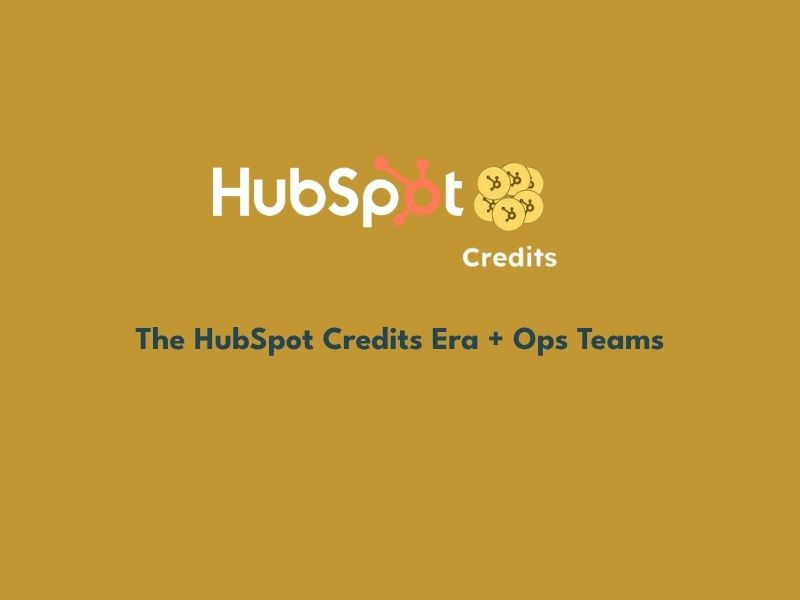AI Search and GEO: What Startups Need to Know
- Chasity Gibson

- Feb 18
- 3 min read

The way people search for information is changing. With the rise of AI-powered search engines and conversational AI assistants, traditional SEO strategies are no longer enough. Enter Generative Engine Optimization (GEO), a new approach to optimizing content for AI search.
What is AI Search?
AI search refers to search engines and tools that use artificial intelligence and natural language processing (NLP) to understand user intent and deliver more relevant results. Unlike traditional search engines that rely on keyword matching, AI search engines can understand the meaning and context of words and phrases.
What is GEO?
Generative Engine Optimization (GEO) is the practice of optimizing content for AI search engines. It involves creating content that is:
In-depth and informative: AI search engines favor content that provides thorough coverage of a topic.
Well-structured and easy to understand: AI search engines prefer content that is well-organized and uses clear language.
Aligned with user intent: AI search engines are designed to understand the user's search intent, so your content should provide relevant and helpful answers to their questions.
Credible and trustworthy: AI search engines prioritize content from authoritative sources.
Why is GEO Important for Early-Stage Startups?
AI search and GEO present a unique opportunity for early-stage startups to gain a competitive edge. By optimizing their content for AI search engines, startups can:
Improve visibility: AI search engines are becoming increasingly popular, so optimizing your content for them can help you reach a wider audience.
Build trust and authority: AI search engines prioritize credible and trustworthy content, so optimizing your content for them can help you build your brand's reputation.
Drive traffic and conversions: AI search engines are designed to deliver relevant results, so optimizing your content for them can help you attract qualified traffic and generate leads.
How to Optimize for AI Search and GEO
Create in-depth and informative content: Provide thorough coverage of your topic, including relevant background information, definitions, and examples.
Use clear and concise language: Avoid jargon and technical terms that your audience may not understand.
Structure your content logically: Use headings, subheadings, and bullet points to make your content easy to scan and understand.
Optimize for user intent: Understand what your audience is searching for and provide relevant and helpful answers to their questions.
Build credibility and trustworthiness: Cite your sources, use credible data, and provide accurate information.
Establish E-A-T: Demonstrate expertise, authoritativeness, and trustworthiness by:
Showcasing your credentials: Highlight your authors' or contributors' expertise and experience in the relevant field.
Building a strong online presence: Maintain a professional website with clear contact information and a positive reputation.
Getting mentioned in authoritative sources: Seek backlinks and mentions from reputable websites and publications.
The Future of AI Search and GEO
AI search and GEO are still in their early stages, but they are rapidly evolving. As AI technology continues to develop, we can expect to see even more sophisticated search engines and tools that can understand and respond to user queries in a more natural and intuitive way.
For early-stage startups, this means that it is important to stay up-to-date on the latest trends in AI search and GEO. By embracing these new technologies, startups can gain a competitive edge and position themselves for success in the years to come.
Ready to Take Your Content to the Next Level?
LaunchWave Consulting can help your startup develop and implement a winning search strategy that incorporates both traditional SEO and AI search optimization. Contact us today for a free consultation!




Comments